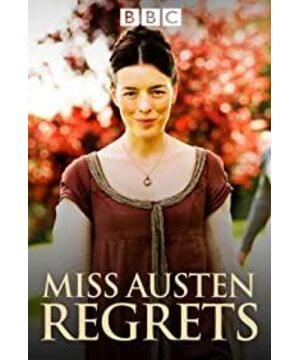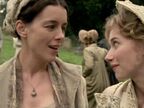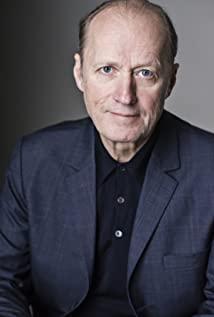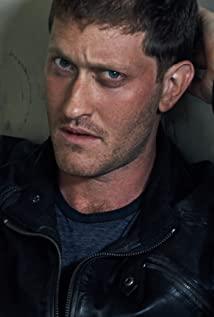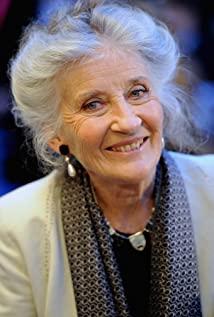When Fanny's wishful thinking was that his aunt's book told her that as long as there was love, money didn't matter ("if I loved him then nothing else mattered"), his father replied lightly: "If that's what you think they say, my dear, perhaps you should read them again."
Because for Jane Austen, things beside love DO matter.
Even Elizabeth Bennet would be blown away by the Darcy's mansion. The love is further heated by the desire to be the mistress of Pemberley House, which is the nourishing effect of the author's bread on the rose.
Austen stands on the corner where the romance represented by Sir Scott and Byron has turned sharply to the reality of George Eliot and Trollope and others. She used it as a joke on a topic that was too scary, so that readers could also get mischievous satisfaction from this ruthless ridicule.
"You have to take that word 'sentimental' back, if you want to truely prove you have read mine." she told the doctor who claimed to enjoy reading her work.
And the film's shenanigans seem to go a step further, mixing the inconveniences and embarrassments of life that Austen would never describe, with romance and ideals, in sporadic details. Aunt and niece chose husbands for the latter from among many unmarried men, peeped after drinking, and made reckless comments; Miss Miu Ling was defecation in the wild, and at the same time talked about love with her aunt, and after walking out, the back of her skirt was still tucked at her waist, The aunt made a good deal for her; the older virgin and the married old lover were not old, and they held hands and kissed each other in public, and they were ridiculed by the mother afterwards. The pitiful information is really the life of Jane Austen. The movie hopes to show it in a way that is closest to life, even if there are too many losses and unbearables in this life.
In fact, to be more honest with life, Mr. Bigg should be a little uglier and a little more stunned.
To face the helplessness of reality more calmly, she should never see each other again after separating from Tom Lefroy, who she loves.
If only for the money, Austen would already be Mrs Bigg.
However, just for the money, there will be no restlessness and anxiety for a lifetime.
In a letter to Fanny: "Anything is to be preferred or endured rather than marrying without Affection."
So despite drawing the line from sentimentalism, Austen is still a true romance novelist if her heroines With a narrow life circle, marriage age and no one to pursue, and even facing the threat of poverty, Austen used her excellent imagination to create a noble, wealthy and true love Mr. Right for her. If women's social status and economic security can only depend on marriage, Austen will strive for the greatest freedom, love and freedom of choice for the women she writes in this bondage.
Although in reality, the film is as well aware as Austen that the writer, as a woman, has too much freedom in both creation and life, and has to hide her true appearance and suppress her temperament according to secular standards. Brother Edward prevented his unmarried sister from making money by writing in order to support the family. Henry objected to his sister to seek medical treatment for him alone. Sister Cassandra burned most of Jane's letters before her death, because there were too many naughty contents in them, and she was ashamed known. Seeing her throw the letter into the fire, she couldn't help but want to reach out to stop it. What the family hopes future generations to know is just a quiet and unquestionable Jane Austen.
And Jane Austen's regret is probably because no matter how correct her choice is, she has never been able to perfectly determine the balance between love, materiality and freedom. The romantic trinity in the novel does not appear in reality after all.
View more about Miss Austen Regrets reviews


